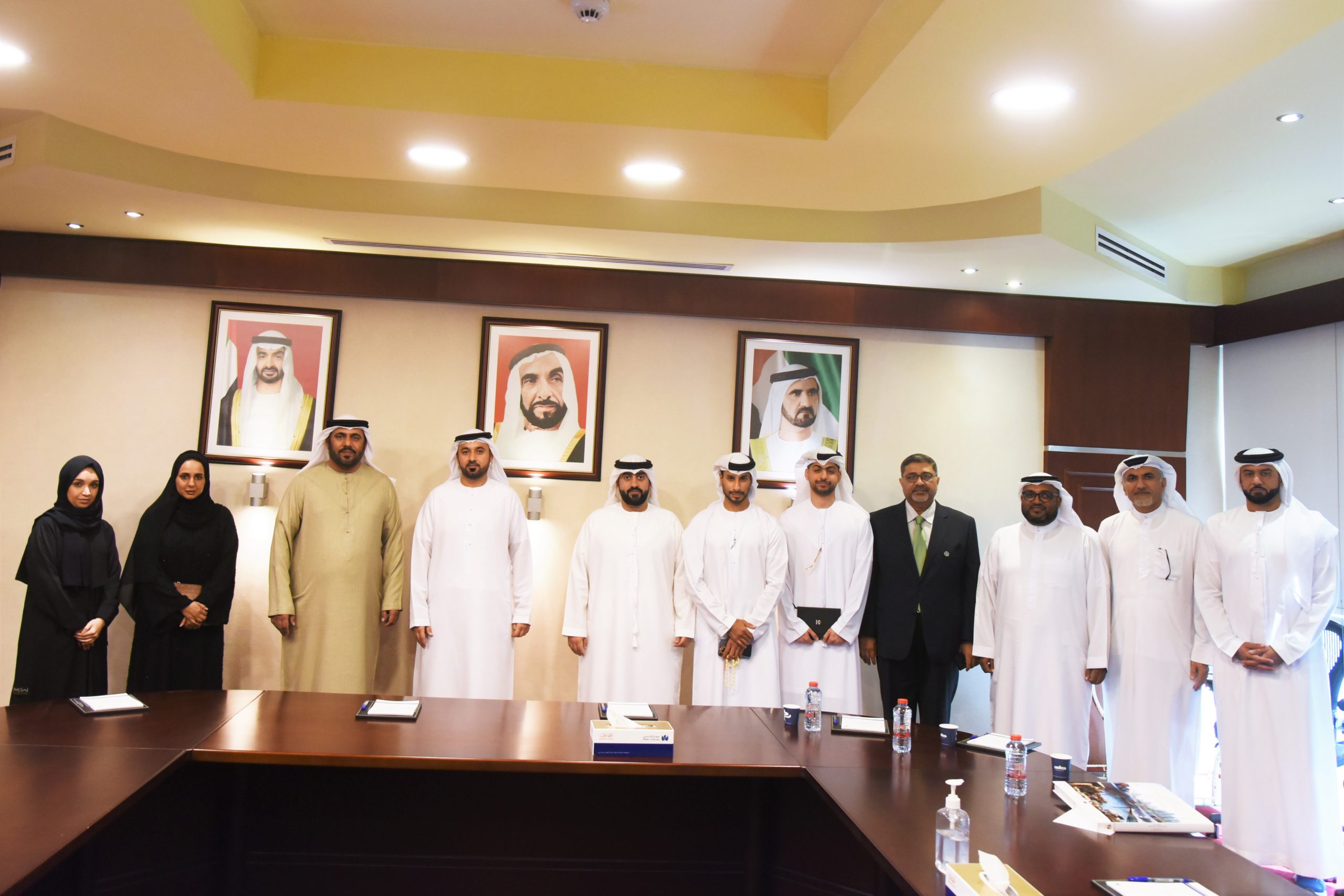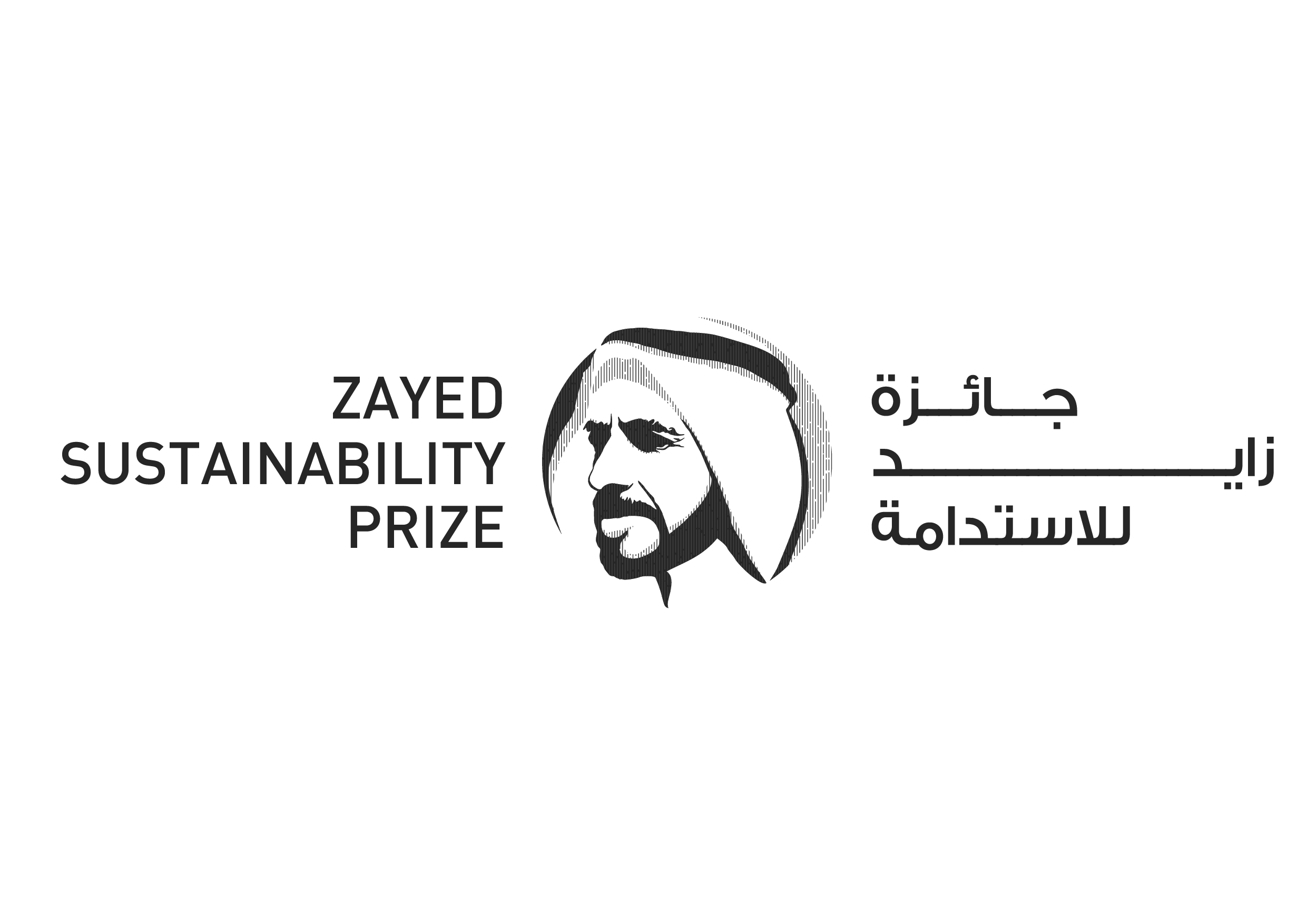ABU DHABI, 24th April, 2023 (WAM) — At a time when many nations have suffered with energy shortages, the decision taken by the UAE just over a decade ago to construct its first nuclear plant has resulted in an annual capacity increase of 1400 MW of electricity that is available round the clock, and with zero emissions. This is a significant win for both the UAE’s energy security and energy sustainability.
Since beginning commercial operations in March 2022, Unit 2 of the Barakah Nuclear Energy Plant has generated 10,402 gigawatt-hour (GWh) of clean electricity and prevented more than 5,000 kilotons of carbon emissions.
This is a significant contribution to the growing electricity needs of both Abu Dhabi where the plant is located, and for the Nation, enabling the decarbonisation of the wider power sector in the country and accelerating the UAE’s progress towards achieving Net Zero emissions by 2050.
Following 324 days of continuous commercial operations, the teams at the Barakah Plant have successfully completed the refuelling and maintenance outage for Unit 2 on time – a scheduled activity that takes place around every 12-24 months or so depending on the plant.
The process involves shutting down the reactor, implementing more than 8,000 planned maintenance activities, and replacing about a third of the fuel assembles in the reactor core, with the remaining fuel re-configured for optimal operations.
Unit 2 has now restarted and powered back up to run at full power, 24/7 for another year with zero carbon emissions. Units 1 and 3 continued to operate normally throughout this time, delivering clean electricity to the nation.
Having already completed the Unit 1 refuelling and maintenance outage last year, the operational teams have utilised the significant operating experience gained to streamline outage activities for Unit 2. The Emirati-led teams at Barakah continue to learn and build on the experience from conducting these scheduled outages, enabling enhanced outage delivery to bring each reactor back online safely, smoothly and as efficiently as possible.
The four Units at Barakah, once all commercially operational, will generate up to 5,600 megawatts (MW) of clean electricity around the clock, equivalent to almost 40 percent of the UAE’s peak demand of about 15,000 MW during the hot summer months.
With three units operating at maximum capacity, Barakah already generates more than 80 percent of the Emirate of Abu Dhabi’s clean electricity. Barakah’s capabilities showcase that nuclear energy has already made significant headway in meeting peak demand with reliable, clean and abundant electricity.
Once all four units are operational, the Barakah Plant is set to meet up to 25 percent of the UAE’s electricity needs, generating enough clean electricity to power up to 574,000 homes. This will be done whilst also supporting the UAE’s strategy for becoming a net-exporter of LNG (liquefied natural gas) by 2030 by replacing local gas consumption with clean electricity from nuclear. Barakah will divert up to US$4 billion-worth of natural gas annually, which can be used for other energy needs or for international export.
This illustrates why the UAE’s data-driven approach to including nuclear in its energy mix was the right approach as it has enabled the delivery of a swift and sharp decarbonisation of the power sector at a time when many nations are still trying to identify how they will deliver Net Zero while making sure the ‘lights are always on’.
The timing couldn’t be more important as experts highlight just how critical the climate change emergency is becoming, and how essential nuclear energy will be to solving this crisis. The Intergovernmental Panel on Climate Change (IPCC) has identified several pathways to limit global warming to 1.5°C in the coming decades with nuclear generation playing an important role in decarbonising the energy sector.
It expects that by mid-century, the majority of primary energy will come from renewables and nuclear energy in most scenarios . Additionally, the International Energy Agency (IEA) states that to achieve Net Zero by 2050, the world needs to double existing nuclear energy capacity from about 400 gigawatts (GW) to more than 800 GW.
With COP28 set to be held in Dubai this November, Barakah is a proven modern case study for climate change solutions. The Plant has been the result of a long-term, data driven strategy that is today paying dividends for the Nation.
Once fully operational, the Barakah Plant will prevent millions of tonnes of carbon emissions annually, while bridging to other clean energy technologies, such as clean hydrogen, and stimulate the growth of the Net Zero economy.
The Barakah Plant is also a catalyst for new technology development in the clean energy transition, including Small Modular Reactors (SMRs) development and next generation reactors, and generating the clean molecules – steam, hydrogen and ammonia, along with heat. All of which is required to decarbonise hard to abate sectors such as shipping, aviation and heavy industries.

 World2 years ago
World2 years ago
 World2 years ago
World2 years ago
 Entertainment7 years ago
Entertainment7 years ago
 World7 years ago
World7 years ago
 Entertainment7 years ago
Entertainment7 years ago




